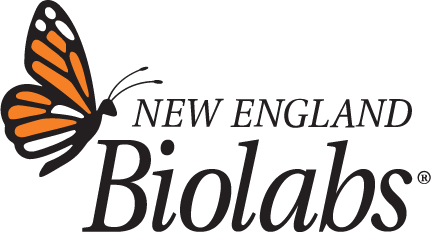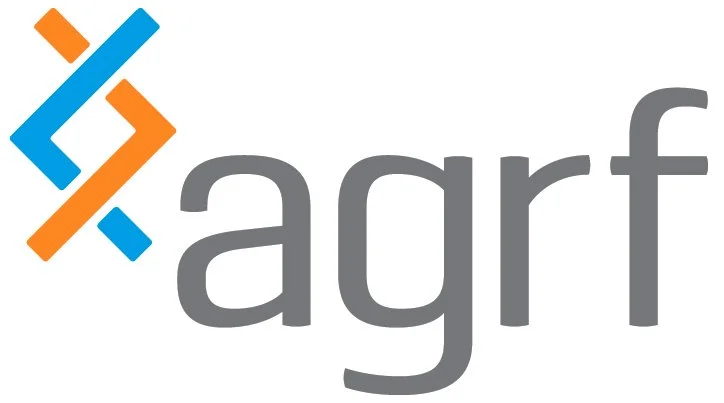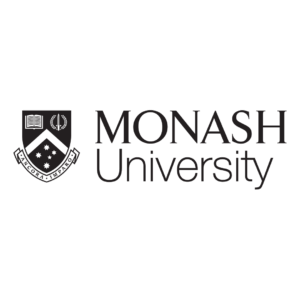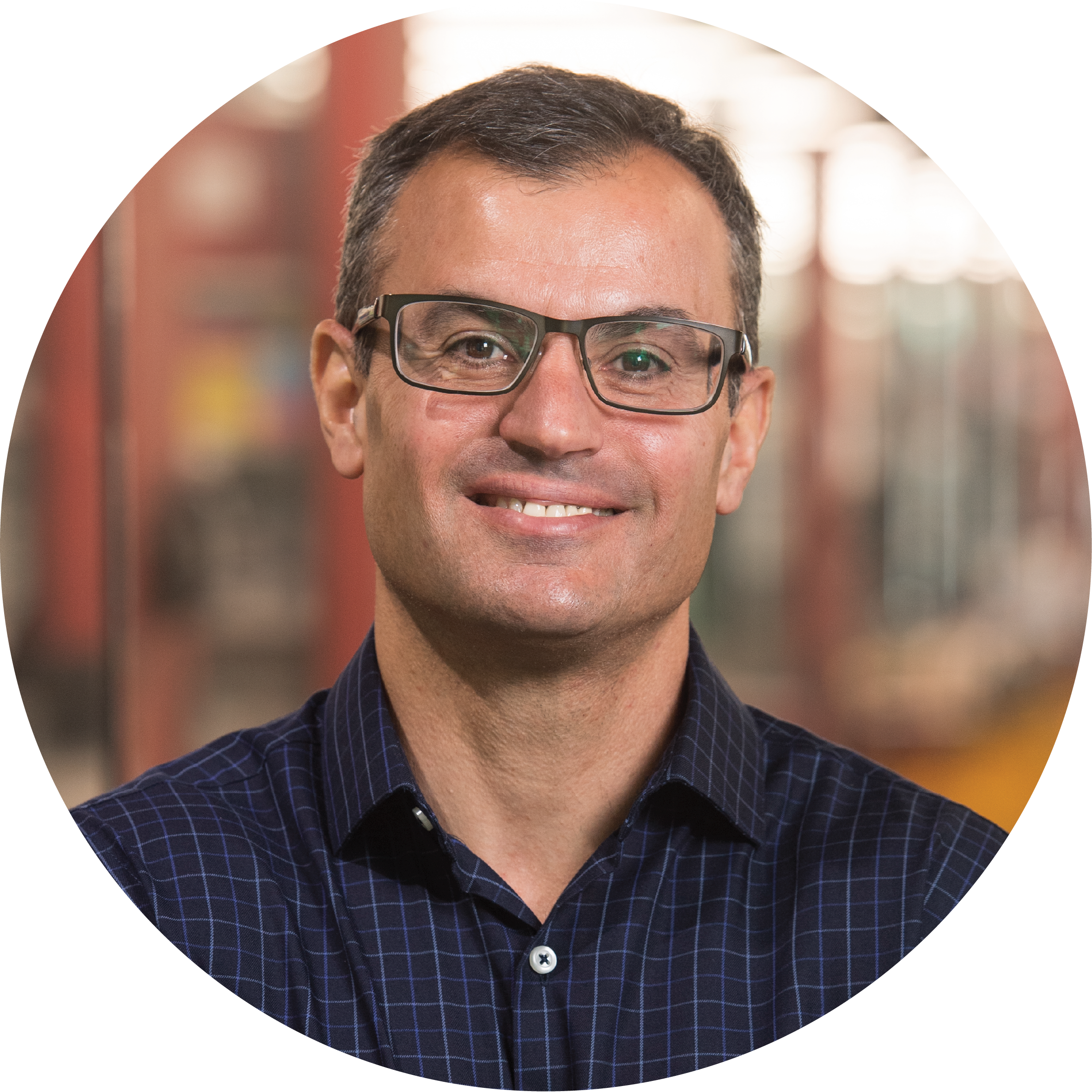Inaugural EMCR Mini-Symposium
The AEpiA ECR Representatives are excited to bring you our first mini symposium! This event aims to bring Early/Mid-Career researchers in Epigenetics across Australasia together to share their work, make new connections, and engage with the wider epigenetics community. The symposium will consist of short talks from current EMCRs, a panel discussion on career development, and locally organised networking events for in-person attendees.
Abstract book and program available now:
Details
What: Inaugural AEpiA EMCR Symposium
When: Thursday 4th December 2025, 12:30 – 3 pm AEDT
Where: In-person nodes in major cities and online via Zoom
Registration and attendance (in-person or online) is free for all.
Speakers will be selected from abstracts. To be eligible for abstract submission, you must be a current AEpiA member and be less than 10 years post-PhD (accounting for career disruption) - this includes students!
Not an AEpiA member? Join here! Student membership is free when nominated by a current member. Don’t know a current member? Reach out to us here!
Abstract submission is now closed
Abstract book and program available here!
In-person registration is now closed
Online registration closes Wednesday 3rd November 2025
Program
-
Opening - 12:30
Short talks - 12:35
Flash talks - 1:15
Break - 1:45
Flash talks - 1:55
Panel discussion - 2:25
Closing and awards - 2:55
-
Opening - 12:00
Short talks - 12:05
Flash talks - 12:45
Break - 1:15
Flash talks - 1:25
Panel discussion - 1:55
Closing and awards - 2:25
-
Opening - 11:30
Short talks - 11:35
Flash talks - 12:15
Break - 12:45
Flash talks - 12:55
Panel discussion - 1:25
Closing and awards - 1:55
-
Opening - 9:30
Short talks - 9:35
Flash talks - 10:15
Break - 10:45
Flash talks - 10:55
Panel discussion - 11:25
Closing and awards - 11:55
-
Opening - 2:30
Short talks - 2:35
Flash talks - 3:15
Break - 3:45
Flash talks - 3:55
Panel discussion - 4:25
Closing and awards - 4:55
Our event sponsors
Research Support Sponsor
Additional Sponsors
On-site Events
-
On-site Coordinators:
Braydon Meyer and Kate Giles
-
On-site Coordinator:
Woo Jun Shim
-
On-site Coordinator:
Trung Nguyen
-
On-site Coordinators:
Marian Turpin and Ashleigh Geiger
-
On-site Coordinator:
Alex Woodworth
-
On-site Coordinators:
Katarina Mitchell and Eleanor Glancy
Want to meet your fellow researchers in person?
Symposium nodes - including catering and pre/post-symposium networking opportunities - are planned for the following sites (more details soon!):
Don’t see a site near you? Please get in touch if you would like to organise your own local node!
Career Development Panel
Prof Nir Eynon
Dr Joanna Achinger-Kawecka
Dr Dhanya Sooraj
Dr Luke Isbel
-
AEpiA Committee Co-Chair
ARMI, Monash University
Nir is a Professor and Group Leader at the Australian Regenerative Medicine Institute (ARMI), Monash University, Australia. He earned his PhD degree with high distinction in 2010 from Porto University, Portugal. His areas of expertise epigenetics, ageing and exercise, an area for which he won the Young Tall Poppy 2021 & the 2024 Australian Epigenetics Alliance Excellence in Research awards. His expertise has been recognised by being selected to the ARC College of Experts in 2023. He is a NHMRC Investigator Fellow (2021-2025), a former NHMRC Career Development Fellow (2018-2021), and ARC DECRA Fellow (2014-2016). He was also awarded Hevolution/Am Fed Aging Research New Investigator Fellowship in Aging Biology. He published 125 papers in high-impact journals and focuses on the discovery of sex-specific molecular markers associated with exercise & healthy ageing. The Eynon lab uses a combination of wet-lab and bioinformatics analyses, with a particular focus on ‘omics’ datasets including DNA methylation, transcription factors, transcriptomics and proteomics.
-
SAiGENCI
Dr Joanna Achinger-Kawecka is a Laboratory Head and Viertel Fellow at the South Australian immunoGENomics Cancer Institute (SAiGENCI) at the University of Adelaide. She completed her PhD in cancer epigenetics at the University of Tubingen, Germany, supported by the prestigious Marie Curie Fellowship. Her work has significantly advanced the understanding of the 3D genome and epigenome in cancer, including the development of innovative technologies and bioinformatics for mapping 3D chromatin structure in cancer cells. Her research has been recognised by numerous awards including the Viertel Senior Medical Research Fellowship (2026-2031), National Breast Cancer Foundation (NBCF) Mavis Robertson (2021-2024), NBCF Eleine Henry Fellowship (2025-2029), Garvan Rising Star Award 2022 and Prostate Cancer Young Investigator Award 2021. She joined SAiGENCI in 2024, where she established the 3D Chromatin Organisation Laboratory. The lab integrates computational biology, functional genomics, and translational research to explore the principles of 3D genome folding and gene deregulation in rare and hard-to-treat cancers.
-
AGRF
Dr Dhanya Sooraj is a Senior Scientist in the Innovation and Development department at the Australian Genome Research Facility (AGRF Ltd.), where she leads Advanced Genomic Services, including 3D epi/genomics, genome topology, chromatin mapping, and variant detection. Her team supports researchers across Australia and New Zealand through AGRF’s certified partnership with Dovetail Genomics (Cantata Bio, USA) and integration of EpiCypher technologies. Dhanya’s expertise lies in 3D genome architecture and cancer epigenomics, with a focus on chromatin regulation and disease-associated genomic landscapes. She completed her postdoctoral training at the Functional Genomics and Cancer Genetics Laboratory at the Hudson Institute of Medical Research and has published in Cancer Cell, Molecular Cell, The Journal of Clinical Investigation, and Science Advances, contributing to pediatric precision medicine and cancer epigenetics. Dhanya also serves as an Editorial Reviewer for Frontiers in Molecular Biosciences and is passionate about making advanced genomic technologies more accessible to researchers and clinicians.
-
SAiGENCI, ACE
Dr Luke Isbel is a group leader, holding a joint appointment at The South Australian immunoGENomics Cancer Institute (SAiGENCI) & The Adelaide Centre for Epigenetics (ACE), located within the University of Adelaide. He runs an inclusive & creative team aiming to understand how epigenetic forces (i.e. on chromatin) serve as a guiding force to direct gene regulatory machinery in cells. This involves fundamental & applied models, particularly around the genomic regulatory factors that are frequently mutated in cancer. Luke returned to Australia in late 2023 to establish his own laboratory, after his PhD with Professor Emma Whitelaw and a postdoctoral position in Basel, Switzerland with Professor Dirk Schübeler. He has held prestigious Fellowships - the Marie Sklodowska-curie Fellowship (EU) & CJ Martin Early Career Fellowship (NHMRC), & is currently a Viertel Senior Medical Research Fellow. He is the recipient of the 2019 Chiquet-Ehrismann prize, the 2024 Max Burger prize & the 2024 Lorne Genome Mid-Career Prize.













